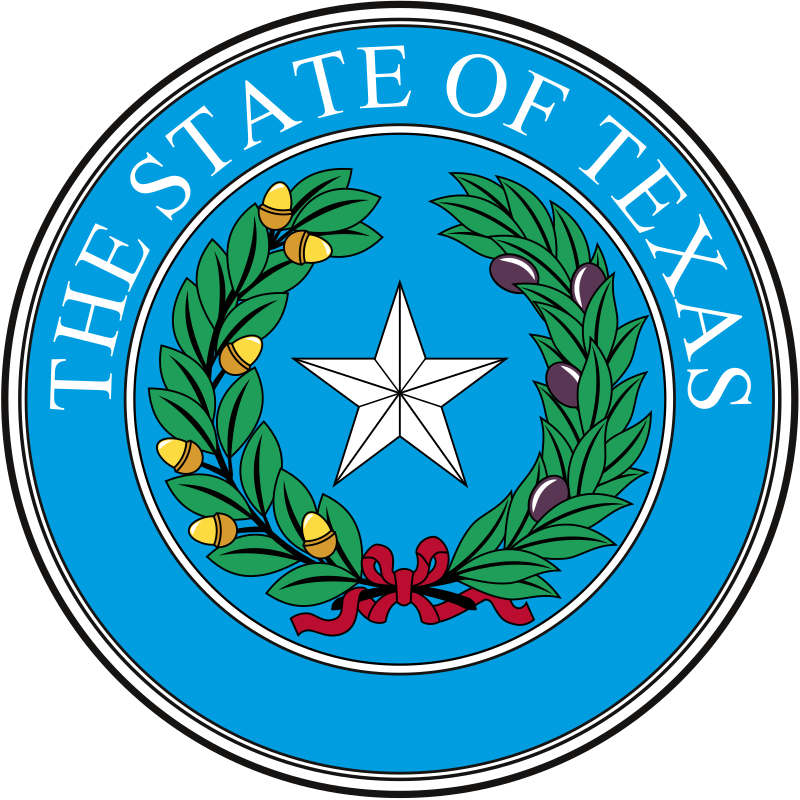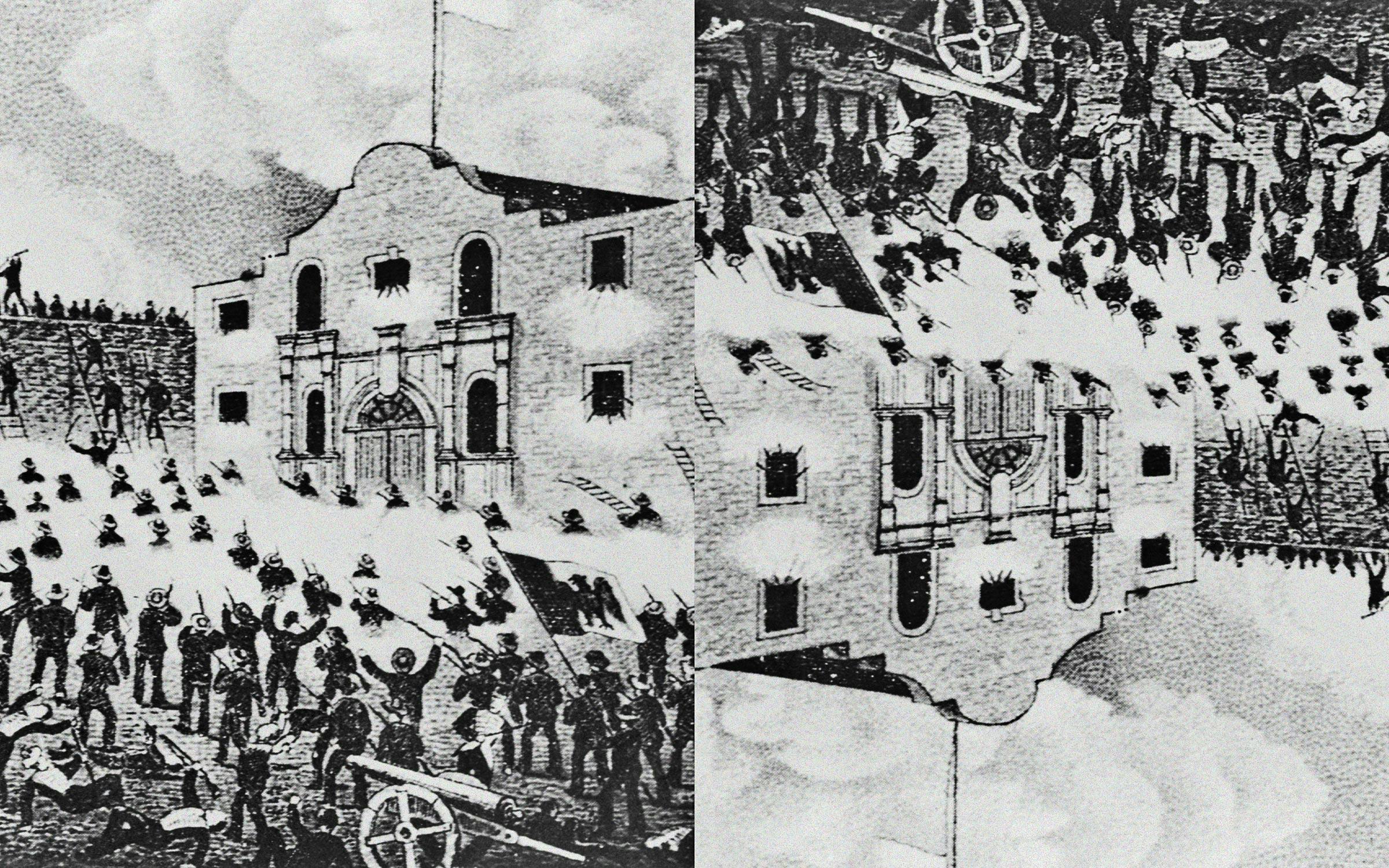Founded in March by a group of prominent Texas historians who broke off from the TSHA—some defecting entirely, some maintaining a dual allegiance—the organization is dedicated to promoting what it regards as a more pluralistic and inclusive approach to history. “No one in our society is to be excluded or denigrated because of their gender, religious preference, sexual orientation, race, or ethnicity,” the Alliance’s mission statement says. For anyone who has been paying attention to the internecine warfare roiling the TSHA in recent years, this declaration is a clear rebuke to TSHA executive director J.P. Bryan, a wealthy right-wing businessman who has complained that Texas historians were pushing a narrative “that demeans the Anglo efforts in settling the western part of the United States for the purpose of spreading freedoms for all.”
This is the best summary I could come up with:
At a symposium organized by the newly formed Alliance for Texas History in Fort Worth last weekend, University of Houston doctoral student Shine Trabucco, who is of Taos Pueblo and Quecha descent, began her talk by “acknowledging that we are on the ancestral lands of the Caddo, the Comanche, and the Kickapoo.
Bryan’s Walt Disney vision of Texas history is not widely shared among the TSHA’s academic historians, who have labored in recent decades to de-center the Anglo male perspective by including the voices of Native Americans, Tejanos, Blacks, and women.
In recent years, academics had gained a slight majority, which Bryan believed to be the root of the infiltration of “wokeness.” He suggested adding former Texas Supreme Court justice Wallace Jefferson, a prominent Republican.
Instead, TSHA members elected Corpus Christi high school history teacher Mary Jo O’Rear, who was not an academic, her backers argued, because she didn’t teach at a university.
I met Cantrell and Pinkerton at the Friday night welcome ceremony, held at Vintage Rail, an event venue near the TCU campus, where dozens of professors, graduate students, and amateur historians were gathered inside a steel Quonset hut, drinking Sapporo and snacking on cheese plates.
After Cantrell gave the welcoming remarks, the attendees were treated to three sessions: “Writing Against the Master Narrative,” “Diverse Histories of Texas,” and “Getting Out the Word: Uses of Texas History.” The panels featured a diverse mix of professors and graduate students, academics and nonacademics, who spoke on topics including San Antonio’s traditional adobe architecture, the state’s history of LGBT activism, and an effort to digitize slave narratives collected by the Work Projects Administration in the thirties.
The original article contains 1,603 words, the summary contains 275 words. Saved 83%. I’m a bot and I’m open source!


